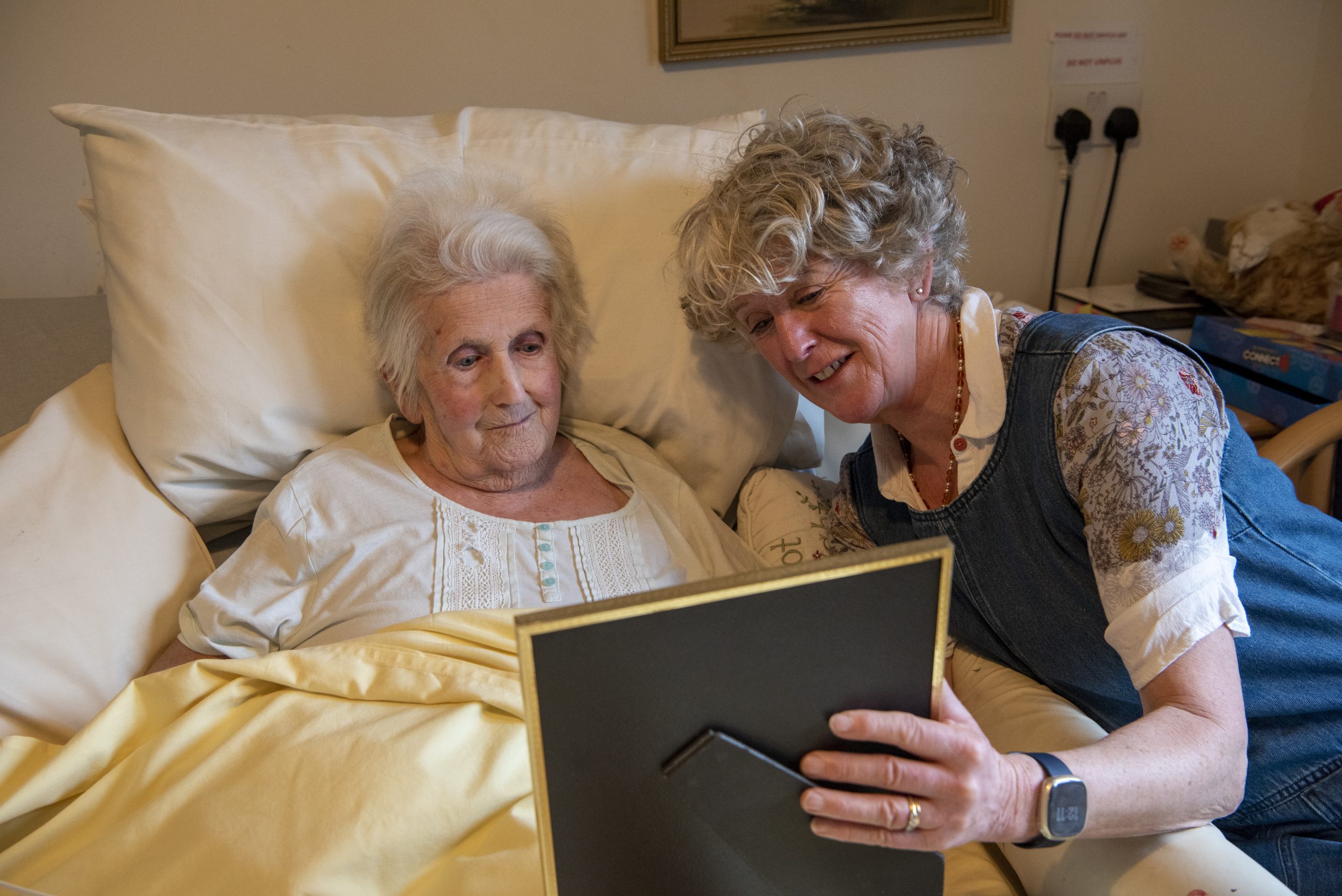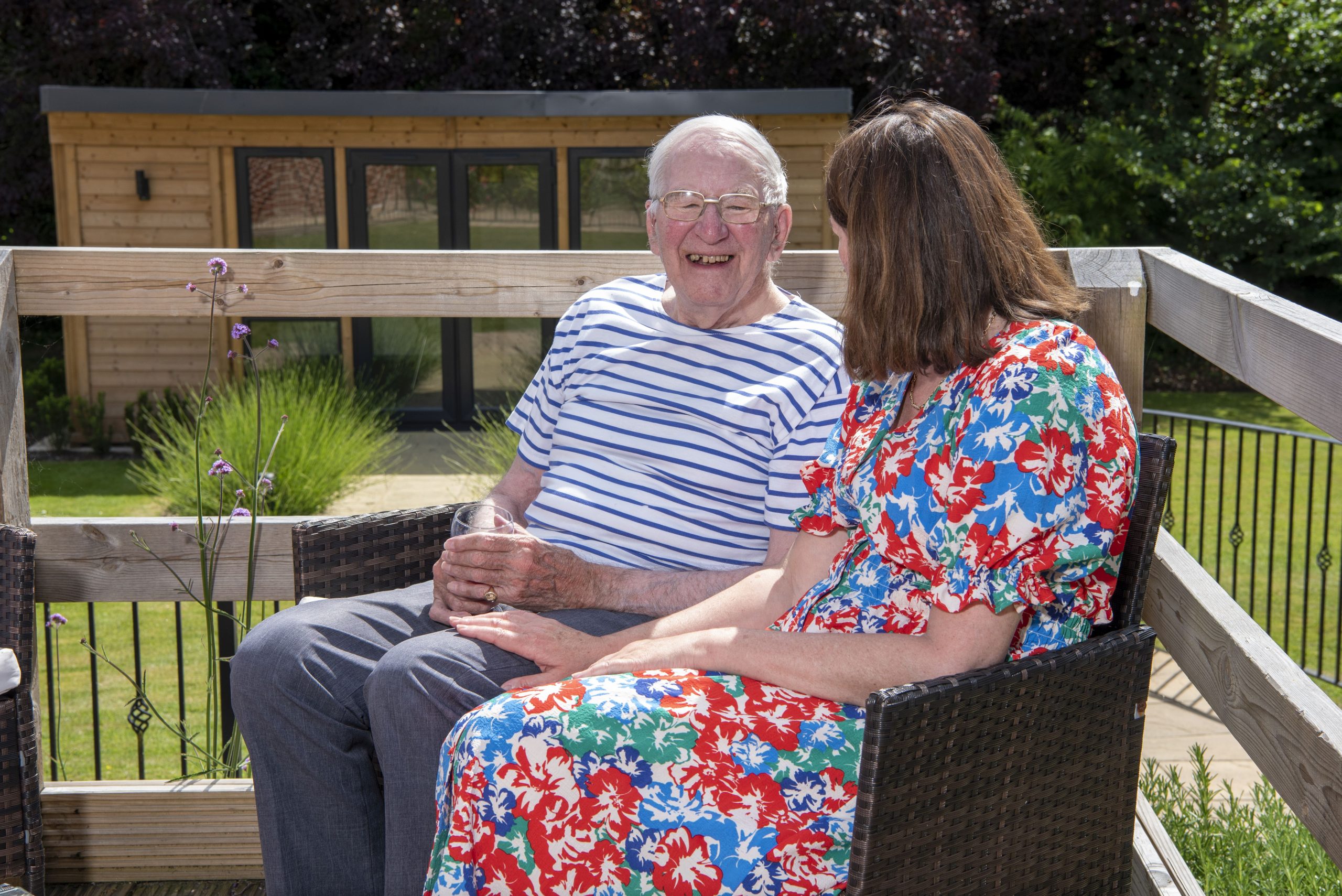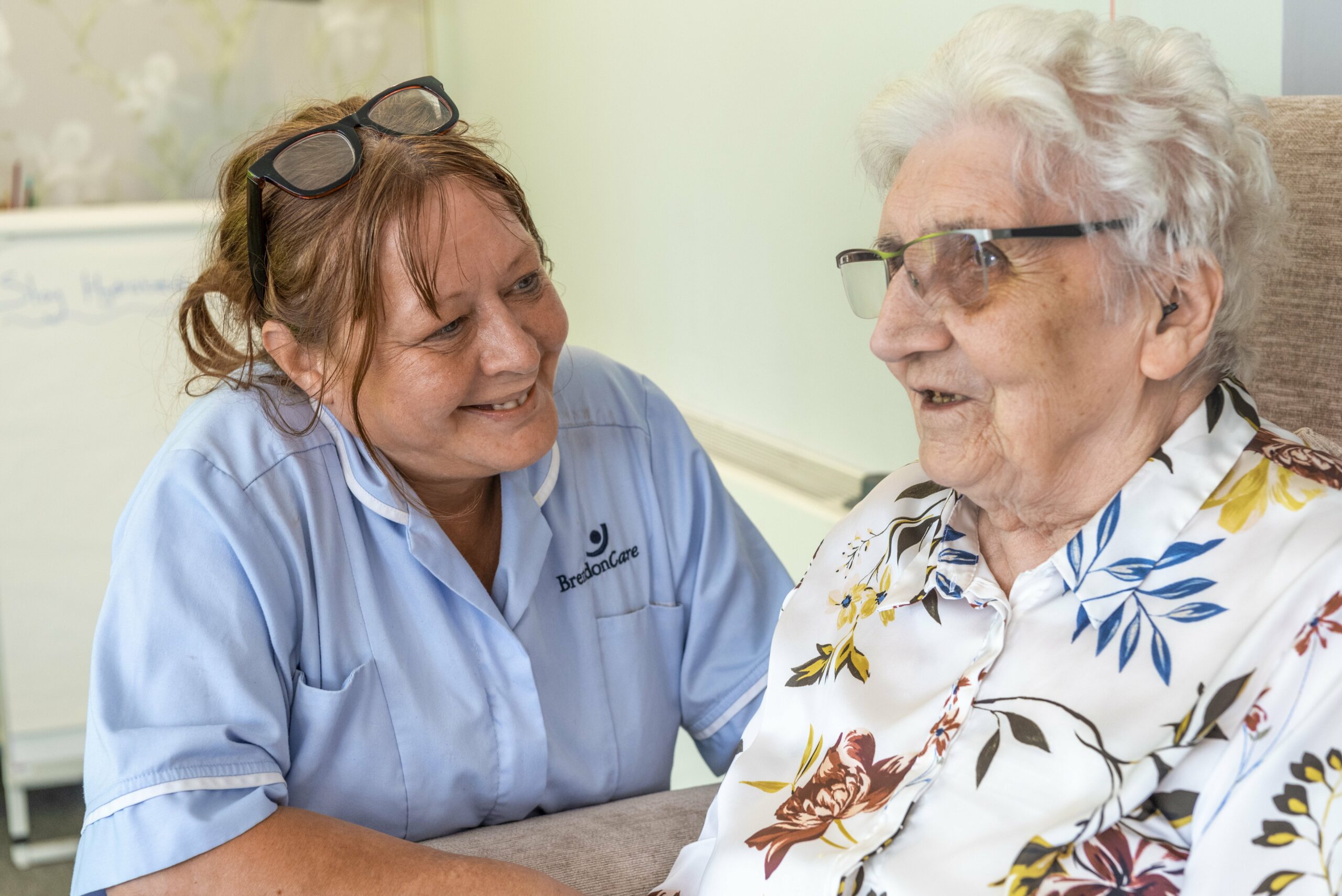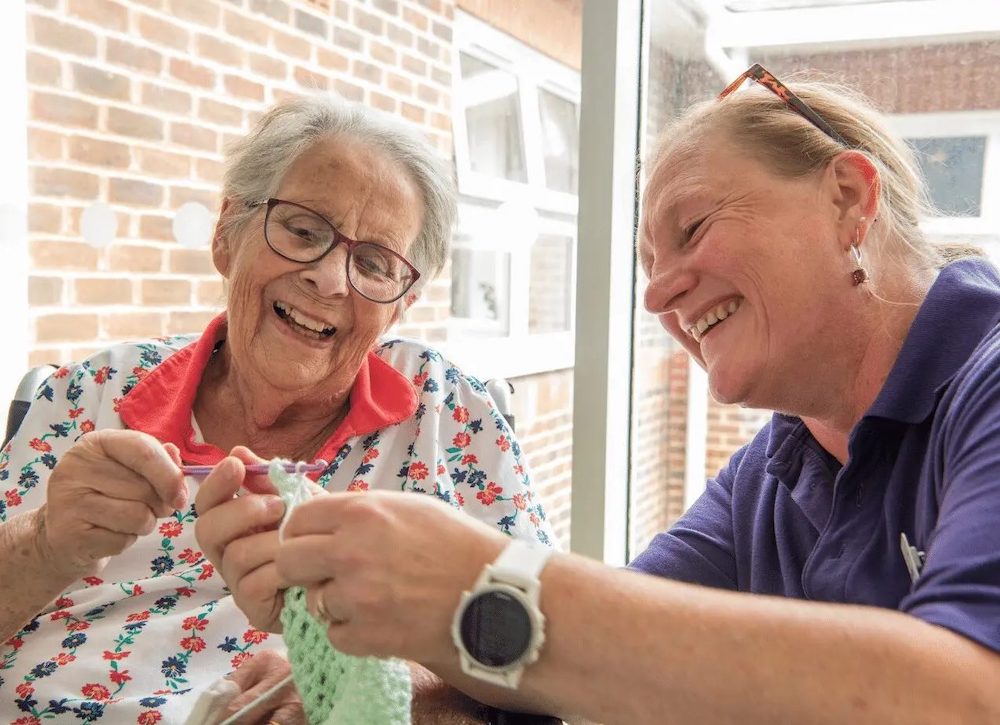Paying for Care
Paying for care is a significant financial commitment especially as everyone’s personal circumstances are different.
To help you navigate your way through care funding, here is an outline of some of the key aspects, including an explanation of what makes Brendoncare unique through our charitable Care for Life promise.
Most residents fund their own care, referred to as self-funding. The funds come from a combination of public and private sources such as state and private pensions, state benefits such as Attendance Allowance or NHS Funded Nursing Care, savings, investments or financial policies such as immediate care needs annuities.
Other helpful sources of information on paying for care include:
Age UK – Free advice line 0800 678 1602
www.ageuk.org.uk/information-advice/care/paying-for-care/
Independent Age – Free advice line 0800 319 6789
www.independentage.org/get-advice/paying-for-your-care-england
Brendoncare’s Care for Life Promise
Brendoncare’s Care for Life promise ensures that when we accept a resident into one of our homes, we will never ask them to leave due to lack of funds.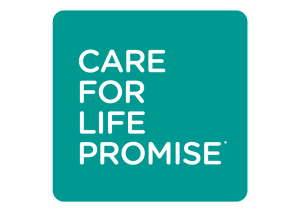
This gives enormous comfort to both people seeking care and residents who already live with us. The policy also gives extra reassurance to the families of those who have moved into one of our care homes.
The Care for Life promise is a charitable third party top-up payment that can support those residents whose funds may have decreased to the threshold set by the local authority. Should personal funds reach that point, we will agree the amount that the local authority will contribute. This is so it fairly reflects the needs and cost of our caring for the person.
Find out more about our care for life promise here.
NHS Continuing Healthcare (CHC) and NHS Funded Nursing Care (FNC)
A small number of people with complex health needs qualify for free social care funded by the NHS. This is known as continuing healthcare (CHC). The NHS negotiates the CHC funding with the care home.
For more information, go to:
(Government information leaflets, updated 26/08/2022)
www.ageuk.org.uk/information-advice/health-wellbeing/health-services/nhs-continuing-healthcare/
(Age UK 0800 055 6112)
(NHS)
Residents needing nursing care from a registered nurse, but are not eligible for full CHC funding, may be entitled to NHS-funded nursing care (FNC) for which Brendoncare can apply on their behalf.
If successful, Brendoncare will directly receive the funds, which it will deduct from care fees. The NHS will assess eligibility for both CHC and FNC funding on a regular basis and it can be withdrawn if circumstances change. A financial assessment will still be required to understand an individual’s situation.
What do fees cover?
Care home fees cover accommodation, meals and essential care. There is usually a charge for other services such as hairdressing, physiotherapy and chiropody. The care homes’ brochures list the chargeable services or you can contact the care home directly to find out more.
Professional Financial Advice
As care funding can be complex, we would always recommend that you consult a qualified Independent Financial Adviser (IFA), particularly if you would like to explore the different funding options. IFAs registered with SOLLA (Society of Later Life Advisers) are specialists in this area. You can find out your nearest SOLLA IFA by calling 0333 2020 454 or visiting the website: https://societyoflaterlifeadvisers.co.uk/

